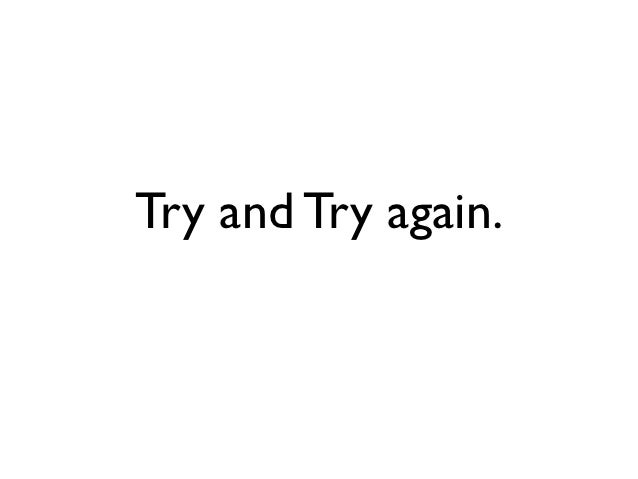Improve the achievement of students with additional needs in the learning areas of English/key competency using language symbols and texts
Will increasing the Key Competency “Managing Self” improve student achievement in reading?
This year i continued my inquiry from the previous year but implemented the process I undertook with a new group of learners. Last year i had a group of high functioning boys with Autism, this year i had a group of new entrant students with a range of disabilities. Due to the nature of my classroom where some students spent a short period of time with me before transitioning out to a satellite class (at a mainstream school), my focus group of students changes each term which made my inquiry more challenging.
WHAT HAPPENED TO MY LEARNERS?
- All students increased their ability to remain seated.
- All students were able to engage in self selected reading (SSR) independently.
- All students learnt pre reading skills such as turning the page, pointing to the words and using visuals.
- Non-verbal students were able to attend to their AAC (augmentative and alternative communication).
- 2 students were able to recognise some high frequency words by the end of the year.
- All students were able to follow the classroom routine.
- 1 student in my focus group transitioned to a satellite successfully and moved up 1 reading level.
- Parents commented on how they were able to enjoy a reading book at home with their child.
WHAT EVIDENCE DO I HAVE?
Due to the nature of my students, much of this year was spent building a rapport and transitioning them into school routines. I wasn't able to do much formative assessment as they were not able to sit and attend to the assessment. Many of them were not sure how to point so i was unsure of how to test their current skills. However as the year went on I was able to find out how each student could be tested and that is how i gathered my data. I also gathered evidence by noting how long they were able to attend or sit for as well as follow classroom routines.
WHAT DID I DO?
- Built strong relationships with both the students and their families by sending home a questionnaire.
- I used this information to make personalised books about their hobbies and interests.
- I implemented a sensory curriculum to engage them in learning tasks (a transitional programme from kindy to school).
- I put structure and routines in place so that the routine in class was predictable, this took out any anxiety about what was going to happen at school each day. All students were introduced to an individual timetable.
- Reading packs were set up: 1x book per week with individualised activities that went home each day.
WHERE TO NEXT?
This year went very differently to last year as my students last year already had foundation reading skills. This year i have had to teach them alphabet knowledge and for some students, how to use a book. While many of my students were not able to move up a reading level, their pre reading skills improved.
My wanderings about where to next is, how do we test those students who are nonverbal? How can we tell if they are reading in their head? How do we teach them to point in order to answer comprehension questions. This is one of the biggest challenges i have faced this year as the majority of my class are non-verbal or have restricted language.
As i write my end of year reflection, I feel proud of what my students have accomplished but also how i have grown as a teacher. I feel fortunate to have been a part of this journey for two years. I hope you have enjoyed being part of the ride and learnt something from my blog this year.















